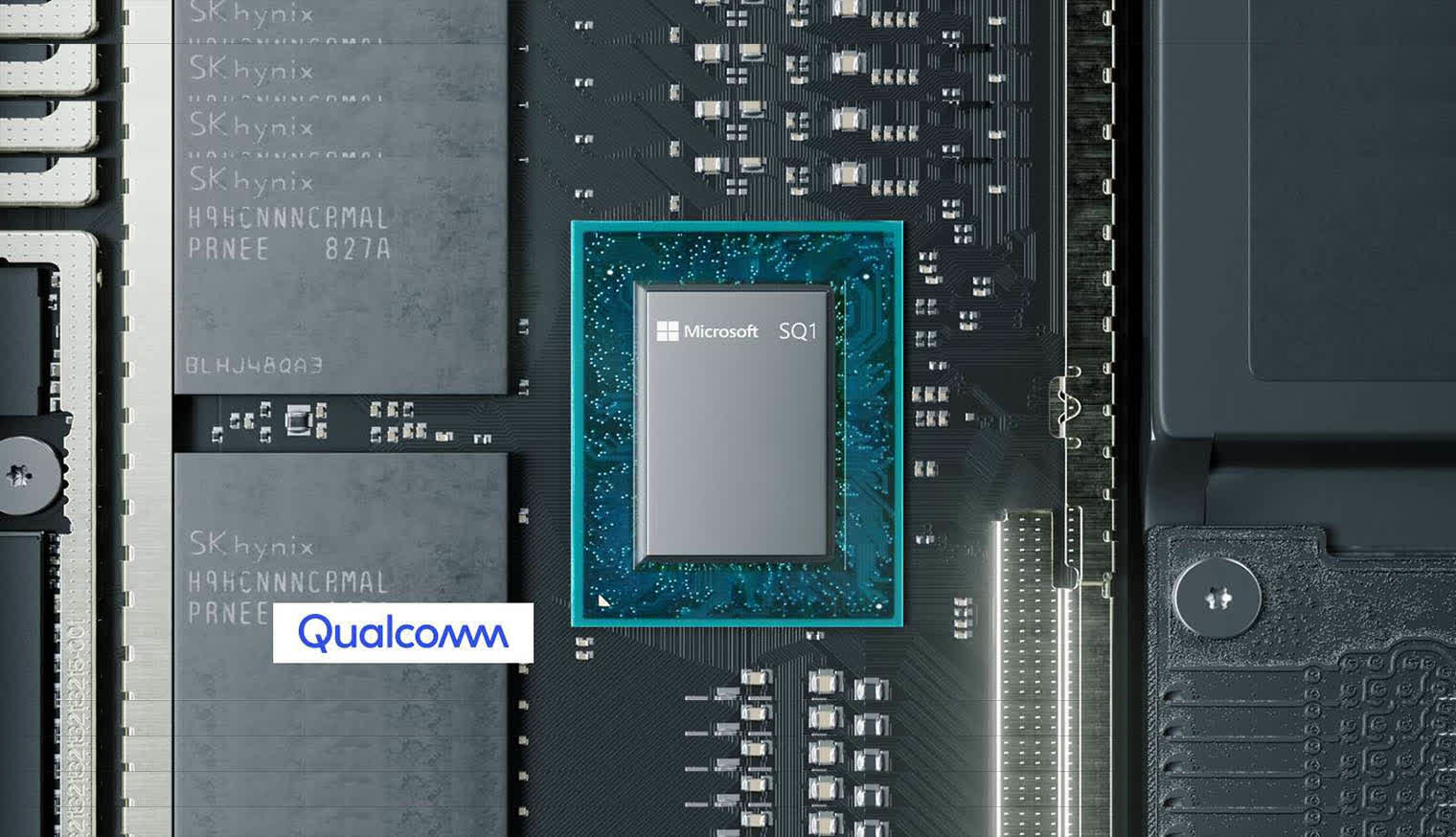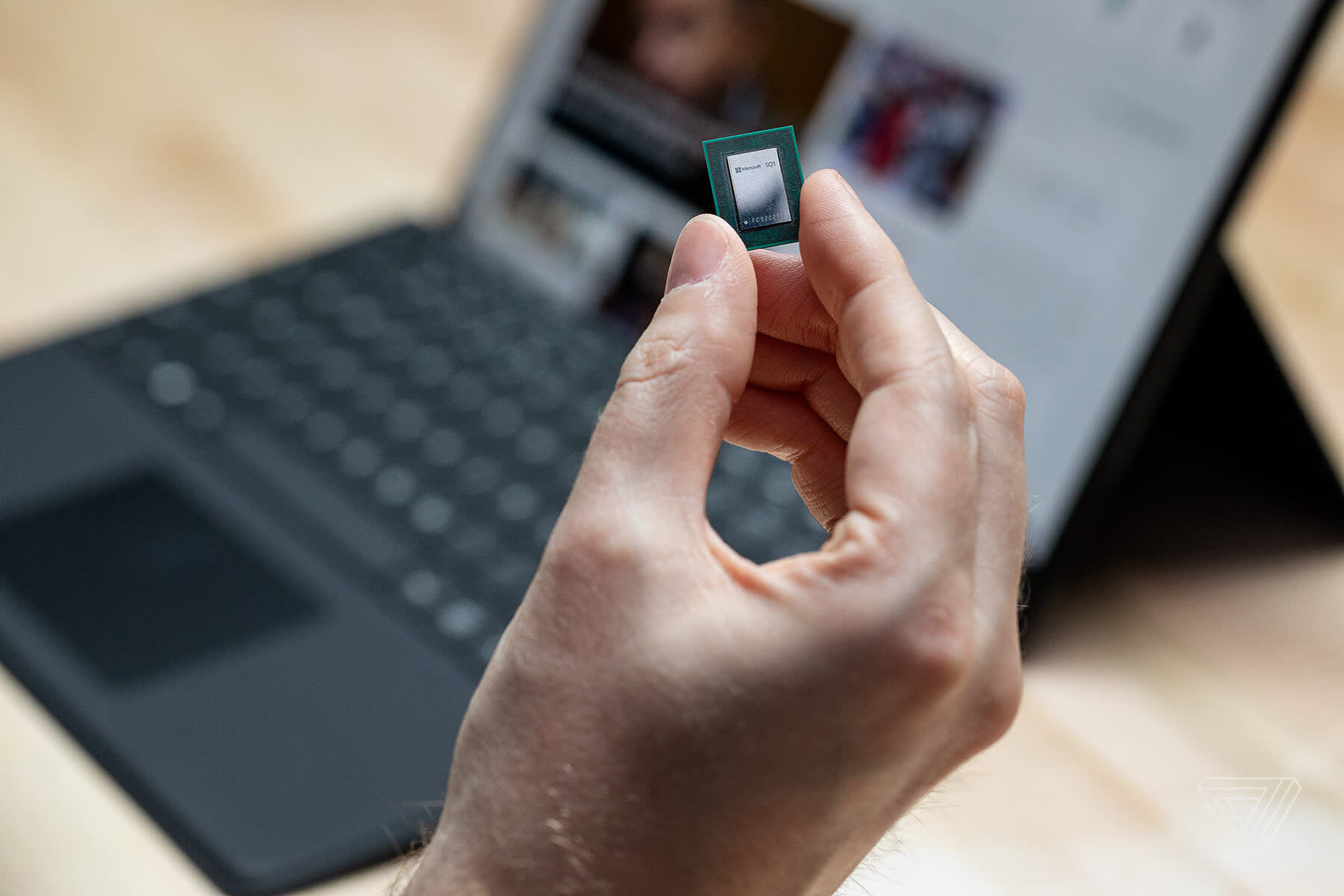Why it matters: Microsoft seems next to line to kick Intel to the curb. The company is rumored to be developing in-house Arm silicon for its servers and possibly Surface devices. This would allow Microsoft greater flexibility for its Azure cloud offering, while not being beholding to its traditional chip partners.
Microsoft is no stranger to development of custom chips. The company collaborated with Qualcomm to create the custom Snapdragon SQ1 for the Surface Pro X and later updated it with the SQ2. The Surface Laptop 3 has a custom Ryzen 3 processor. However, this would be the first time Microsoft would wholly develop Arm chips without any partners. This would definitely be a blow to Intel who currently powers the servers in Microsoft's Azure cloud service.
Following in Apple's footsteps, Microsoft may be designing its own Arm-based chips for servers and possibly Surface devices, according Bloomberg News. The initial use-case would be in Microsoft's Azure data centers but the company is also exploring development of a separate chip for consumers. That said, there's no concrete evidence that Microsoft will definitely go down that road.
Amazon started transitioning to its custom Arm chips back in 2018 with "Graviton" processors. It followed that up with a 2nd generation Arm chip that was 20 percent faster than before. Microsoft's shift to custom Arm silicon for servers could spark a marked shift in how large tech companies manage their data centers.
While Microsoft's custom server silicon may not be as powerful as Intel Xeon or AMD Epyc, this does allow Microsoft to control their own destiny, similar to Apple's ambitions.

According to Bloomberg, the chip design team will be lead by Jason Zander, who is currently over Azure. While no official acknowledgment was given, Microsoft spokesman Frank Shaw issued a statement saying:
"Because silicon is a foundational building block for technology, we're continuing to invest in our own capabilities in areas like design, manufacturing and tools, while also fostering and strengthening partnerships with a wide range of chip providers."
Like Amazon and Apple, Microsoft probably sees better long-term advantages for building its own server silicon. Custom chips can be built to do specialized tasks and provide better net performance than Intel or AMD.
Additionally, Microsoft wouldn't be weighed down by waiting on its partners to innovate. Check out our feature here for more reasons why Apple's M1 chips matter. That article dovetails nicely with Microsoft's reasoning behind the move to Arm-based silicon.
